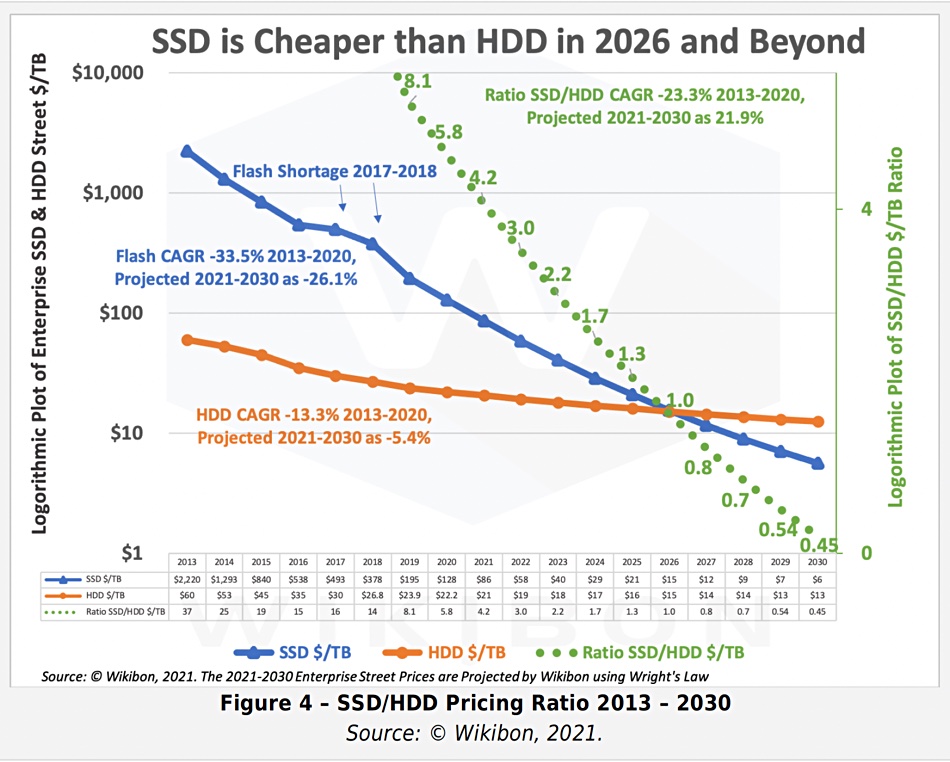Seagate outlines its technology roadmap: HAMR, Bit Patterned Media, Multiple Actuators.
Seagate: 100TB HDDs Due in 2030, Multi-Actuator Drives to Become Common : Read more
Seagate: 100TB HDDs Due in 2030, Multi-Actuator Drives to Become Common : Read more


